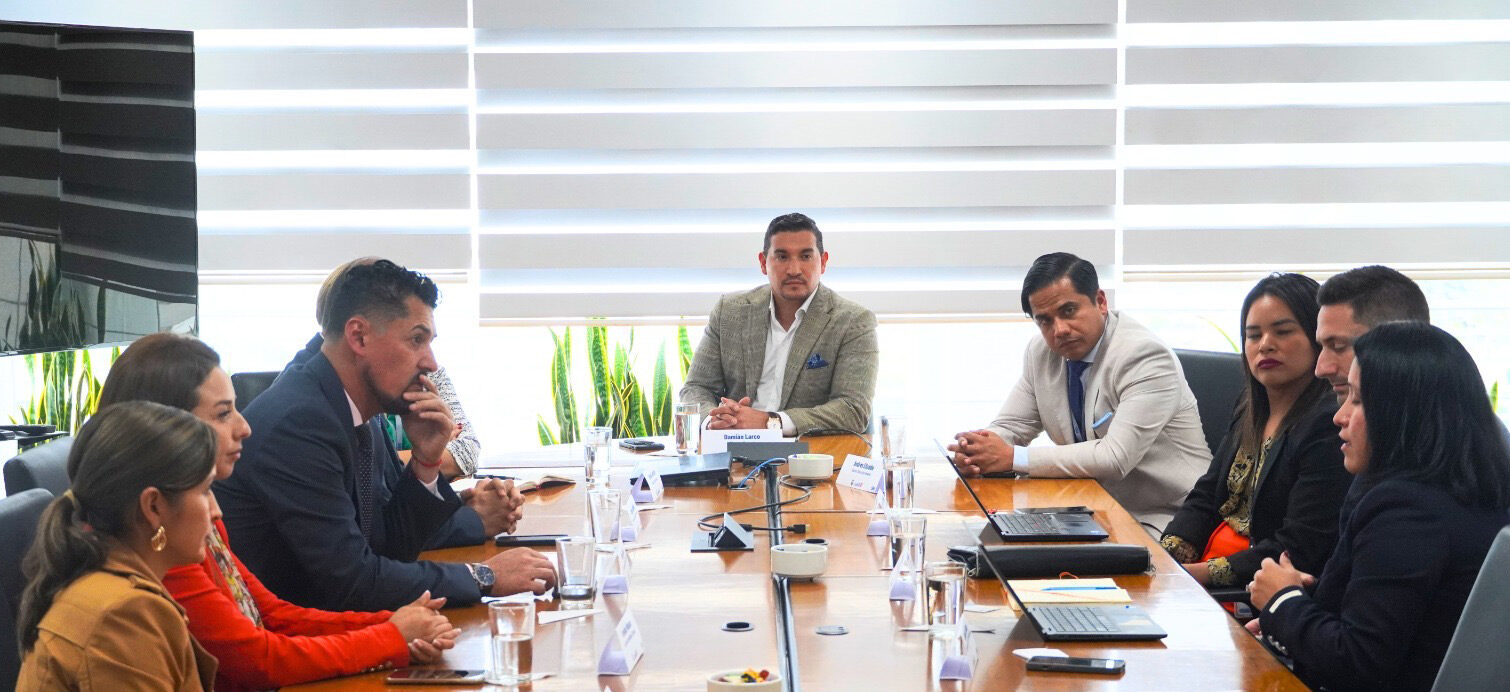Deep Dive Countries
The IGF’s Global Mining Tax Initiative offers deep-dive support for governments over a 2–5-year timeline. This includes advice and technical assistance on important fiscal policy issues, training workshops to build the capacity of government officials, and mining tax audit support. This work is often undertaken in concert with our partners. The following countries have benefitted from deep-dive support.
Ecuador (since 2022)
With rich deposits of gold, copper, silver, and other minerals, mining represents a critical path to economic development for Ecuador. Much of the country’s minerals remain undeveloped, and the government has requested assistance to ensure growth in the sector fully contributes to the country’s economy. Our work with Ecuador includes developing templates for officials, such as a model mining agreement and financial modelling tools. This is complemented by support for stronger tax administration and audit systems through better transfer pricing regulations, a general understanding of the mineral value chain, and sales agreements for mineral metallic concentrates in particular.
Guinea (Phase I: 2020; Phase II: 2022–2023; Phase III 2023–2024)
Guinea’s mining sector includes growing operations for extracting bauxite, the main component of aluminum. As one of the world’s least developed countries, the government needs to maximize the financial benefits from mining to fund pressing development priorities. We worked with the government to improve transfer pricing rules and mineral pricing provisions for bauxite. Our work led Guinea to establish a bauxite reference price to limit the risk of investors under-pricing their bauxite exports so they can pay less tax in Guinea.
Mongolia (since 2019)
After transitioning to a market economy in the 1990s, foreign investors entered Mongolia’s mining sector to extract minerals, including coal, copper, and gold. When financial benefits from its growing mining sector failed to meet expectations, the government requested help to improve revenue collection with better practices and policies. Our work included supporting Mongolia’s first transfer pricing audit, leading to a milestone tax assessment on a large mining company.
Papua New Guinea (since 2021)
Papua New Guinea has a long mining history, but the sector has consistently failed to meet the government’s expectations regarding revenue collection. With a handful of new mining investments in the pipeline, the government reached out to the IGF to help build its capacity to negotiate financial terms in mining contracts. Our work included hands-on training in building financial models. We are also working with the government to introduce a tax on the sale of mining assets—a common practice in other mining jurisdictions and a major revenue opportunity for Papua New Guinea.
Peru (since 2023)
Peru is one of the world’s top producers of copper, silver, lead, zinc, and molybdenum. The country’s mining sector is a major part of its national economy and a significant source of government revenues. Our work with Peru aims to strengthen the country’s fiscal regime and revenue administration through multiple channels, maximizing impact through legal and policy advice, capacity building, and fiscal audit support.
Senegal (since 2020)
Rich with gold, iron ore, mineralized sands, and phosphate deposits, Senegal seeks to grow its mining sector to increase government revenue and economic development. As an IGF member, Senegal requested assistance in ensuring it collects the right amount of revenue from mine operators. Once enrolled in our deep-dive program, we took a whole-of-government approach to building key capacities with officials in the mining and finance ministries. This work has helped officials audit mineral prices, implement new tax rules to cover offshore indirect transfers of mining assets, and conduct mining-specific transfer pricing audits. Read more about our impacts in Senegal.
Zimbabwe (since 2024)
Zimbabwe’s mining sector is dominated by platinum group metals, followed by gold and diamonds. It also produces chrome, coal, vermiculite, and tungsten. The country is home to deposits of 40 different minerals. Some of them, such as lithium, are attracting renewed interest from foreign actors. We are finalizing an initial plan to work with Zimbabwe on issues ranging from strategic mineral valuation to transfer pricing audits.
Past Participants
Colombia (2020–2022)
Colombia hosts many natural resources, including coal, emeralds, gold, and nickel. The country’s mining sector is a significant contributor to government revenues. Our program supported the government in three key policy areas. First, we worked to strengthen Colombia’s tax treaty practice to protect the country’s right to tax extractive industry income. Second, we helped to equip officials with a thorough understanding of coal pricing to allow them to correctly assess and collect royalty and income tax payments in the sector. Third, we built government capacity in monitoring the quantity and quality of mineral exports, following regional good practices.
Zambia (2019–2023)
Copper and other minerals like cobalt and manganese are critical to Zambia’s economy. We worked with the Zambian government to implement better transfer pricing rules to prevent profits from the sale of minerals from being shifted to low-tax jurisdictions overseas. Improving Zambia’s mineral pricing practices was vital to ensuring correct tax and royalty collection on mining products produced in the country. As part of this work, we helped mining, finance, and revenue authorities to collaborate on addressing mineral pricing risks. Read more about our impacts in Zambia.

